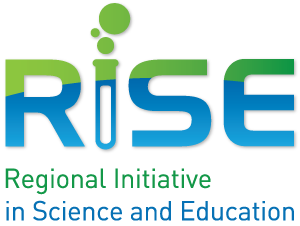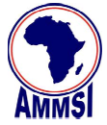by Aamna Mohdin, SciDev.Net
Developing and emerging countries should more closely link up education and technology policies to produce the technical skills needed to boost their economies and "close the income gap with advanced countries", according to a report by the OECD (Organisation for Economic Co-operation and Development). The report, Perspectives on Global Development 2014 launched this month in Paris, France, highlights a mismatch between the skills that the economies of developing and emerging countries need and training being offered to people. For instance, it says that in a number of African countries industrial labour costs are high relative to workers’ productivity because of a shortage of trained engineers. Unless labour productivity is increased, many developing and emerging countries will not be able to close the income gap with advanced economies for many decades, the report warns.
Article here.





.png_pagespeed_ic_F3J9Nok1Eh.png)
.png)
